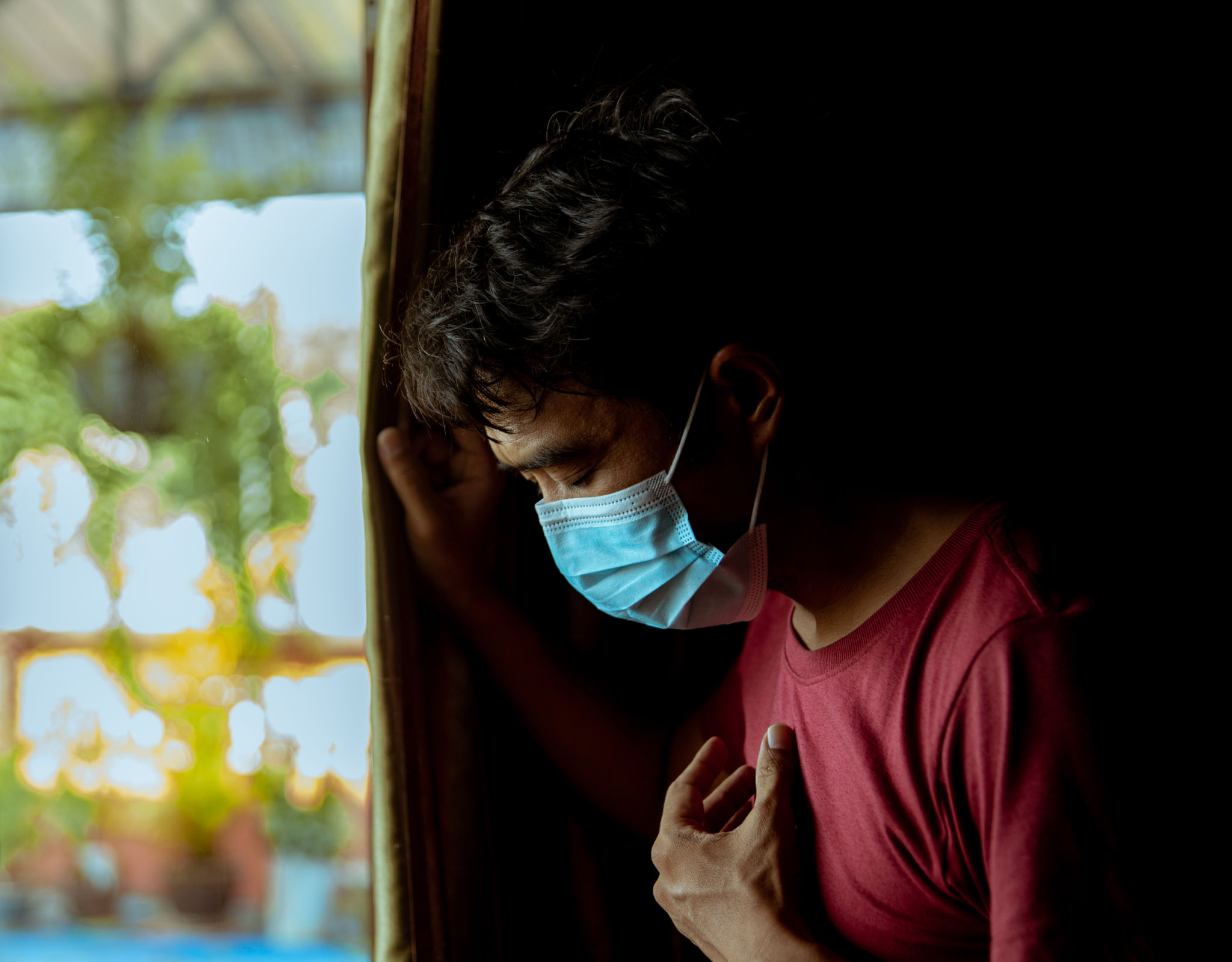Preparing for a Long Covid Treatment Plan: What to Expect
Understanding Long Covid
Long Covid, also known as post-acute sequelae of SARS-CoV-2 infection (PASC), is a condition where individuals experience persistent symptoms long after the initial infection has cleared. These symptoms can range from fatigue and brain fog to more severe complications affecting multiple organ systems. Preparing for a long-term treatment plan can be daunting, but understanding what to expect can help ease some of the anxiety.

Initial Assessment and Diagnosis
The first step in managing Long Covid is an accurate assessment and diagnosis. This often involves a comprehensive evaluation by healthcare professionals who specialize in post-Covid care. They will likely conduct a series of tests to understand the extent and nature of the symptoms you are experiencing. It's important to communicate all your symptoms clearly, even if they seem unrelated, to ensure a holistic approach to your treatment plan.
Developing a Personalized Treatment Plan
Once a diagnosis is made, the next step is developing a personalized treatment plan. This plan will be tailored to address your specific symptoms and needs. Treatment options may include:
- Medication to manage specific symptoms such as pain or inflammation.
- Therapy, including physical, occupational, or cognitive therapy to help regain function.
- Lifestyle modifications, such as dietary changes or exercise regimens tailored to your energy levels.
Managing Expectations
It's crucial to set realistic expectations for your recovery. Long Covid recovery can be a slow process, and progress might be non-linear. Some days may be better than others, so patience and consistency in following your treatment plan are key. Regular follow-ups with your healthcare provider can help adjust your treatment plan as needed and ensure you remain on the path to recovery.

The Role of Mental Health Support
Living with Long Covid can take a toll on mental health, leading to anxiety or depression. Therefore, incorporating mental health support into your treatment plan is essential. This might involve therapy sessions with a psychologist or psychiatrist, support groups with others experiencing similar challenges, or mindfulness practices such as meditation and yoga.
Support Systems and Resources
Utilizing support systems and resources can significantly impact your recovery journey. Family and friends can offer emotional support, while online communities can provide a sense of connection and shared experience. Additionally, various organizations and charities focus on Long Covid research and patient support, offering valuable resources and guidance.

Adjusting Your Lifestyle
Adapting your lifestyle to accommodate Long Covid symptoms is often necessary. This might mean adjusting work schedules, incorporating rest periods into your day, or seeking assistance with daily tasks. Prioritizing self-care and recognizing your limits will help prevent burnout and promote healing.
Monitoring Progress and Adjusting Plans
Regularly monitoring your symptoms and progress is crucial in managing Long Covid. Keep a symptom diary to identify patterns or triggers that could be addressed in your treatment plan. Discuss any changes with your healthcare provider to ensure your plan evolves with your needs.
In conclusion, preparing for a Long Covid treatment plan involves a comprehensive approach that addresses physical, mental, and emotional health. By understanding what to expect and utilizing available resources, you can navigate this challenging journey with greater confidence and resilience.